Reflective Journal: Analysis of Negotiation and Influencing Skills
VerifiedAdded on 2022/11/19
|5
|817
|432
Journal and Reflective Writing
AI Summary
This reflective journal reflects on Module 2, focusing on negotiation and influencing skills. The author initially lacked understanding but gained knowledge on negotiation stages, styles, and examples. The journal evaluates the five stages of negotiation, analyzes different negotiation styles, and explores strategies such as BATNA. The author identifies weaknesses in communication and coordination, concluding that the module was beneficial while acknowledging areas for improvement. An action plan is proposed to address these weaknesses, focusing on seminars, therapeutic classes, and team involvement to improve communication, manage aggressive tendencies, and enhance coordination skills. The author references key literature to support the analysis and conclusions. The journal highlights the importance of cultural awareness and immediacy in negotiation, along with the use of additional resources to enhance understanding. The overall reflection offers a comprehensive overview of the learning experience and a plan for future development.
1 out of 5
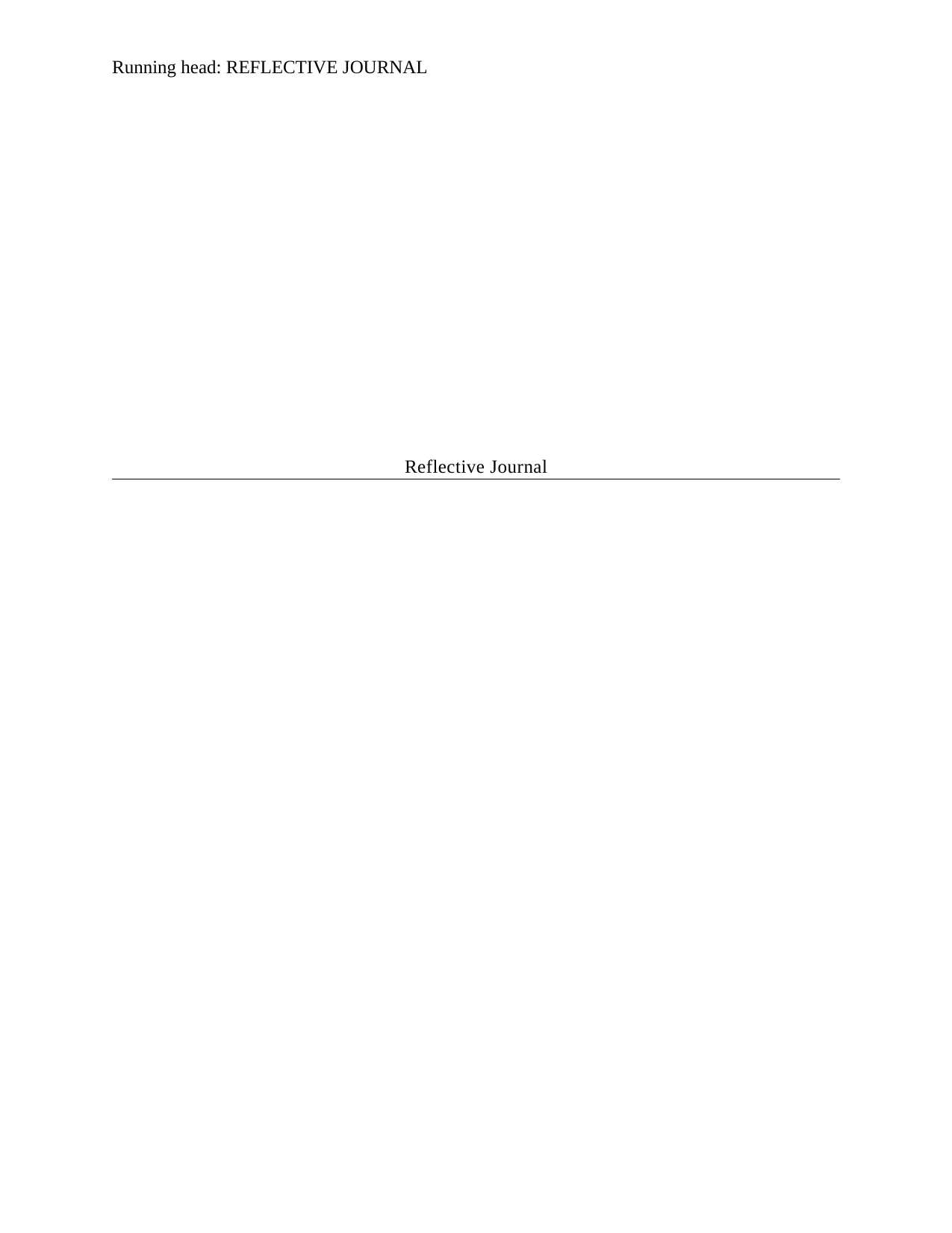
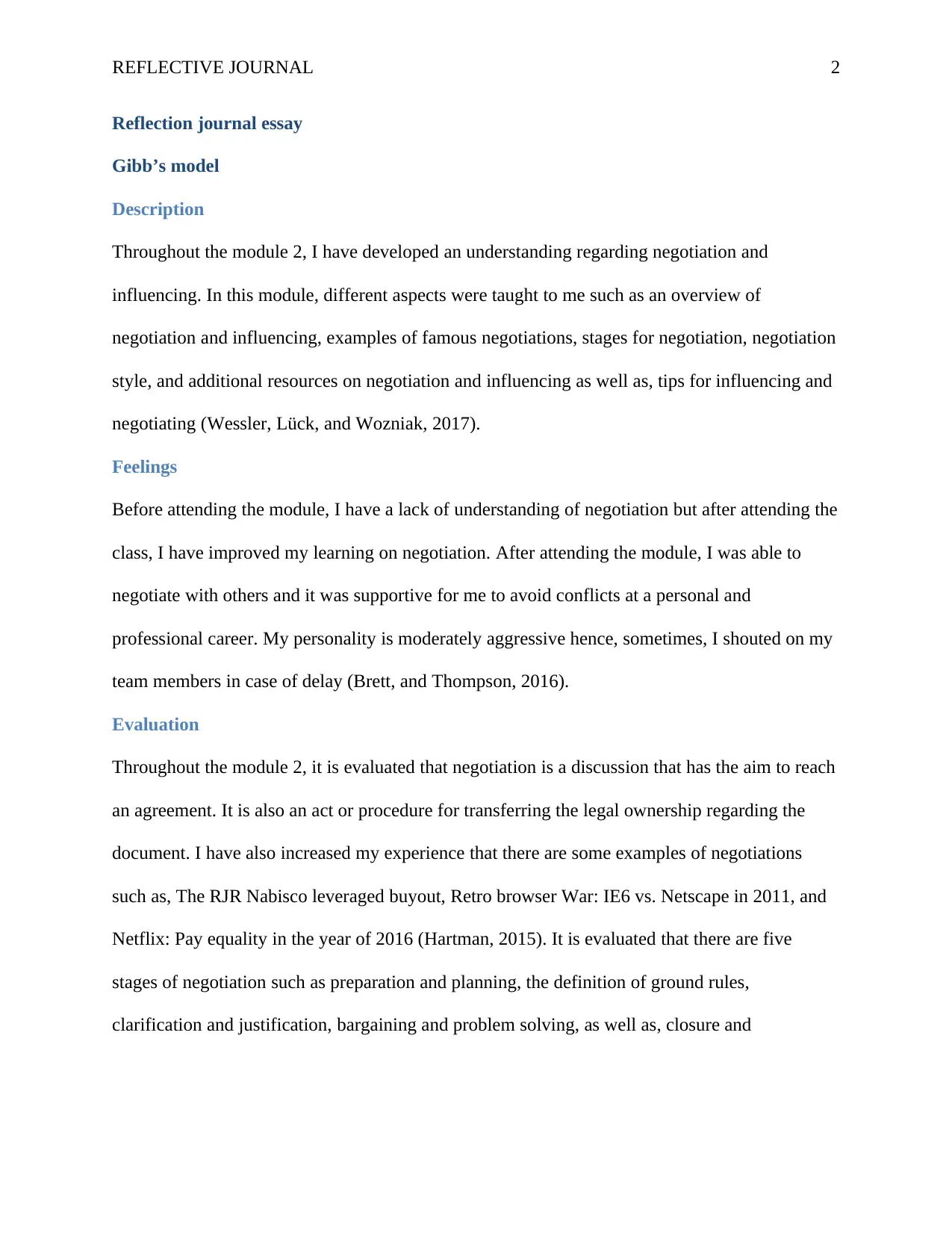
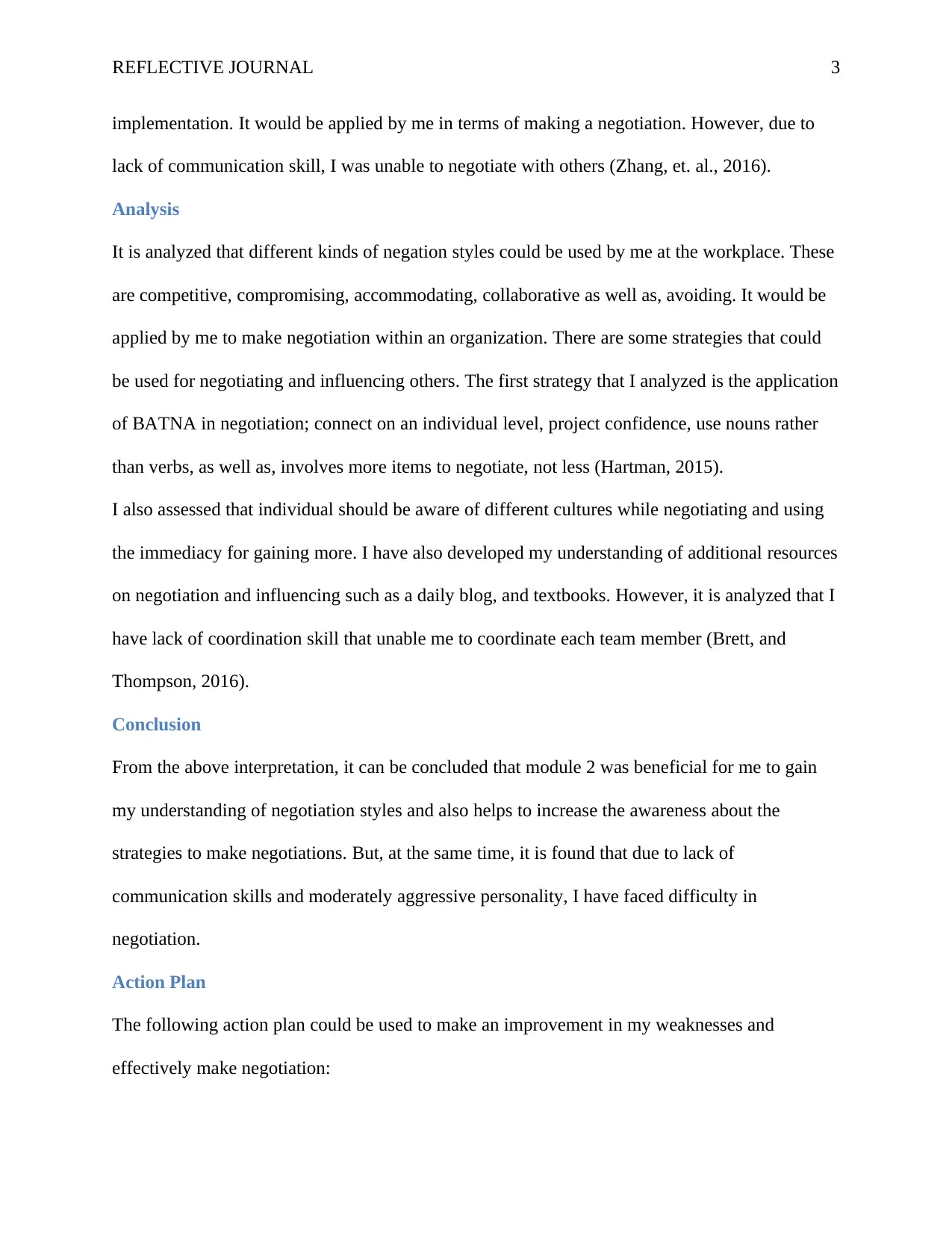

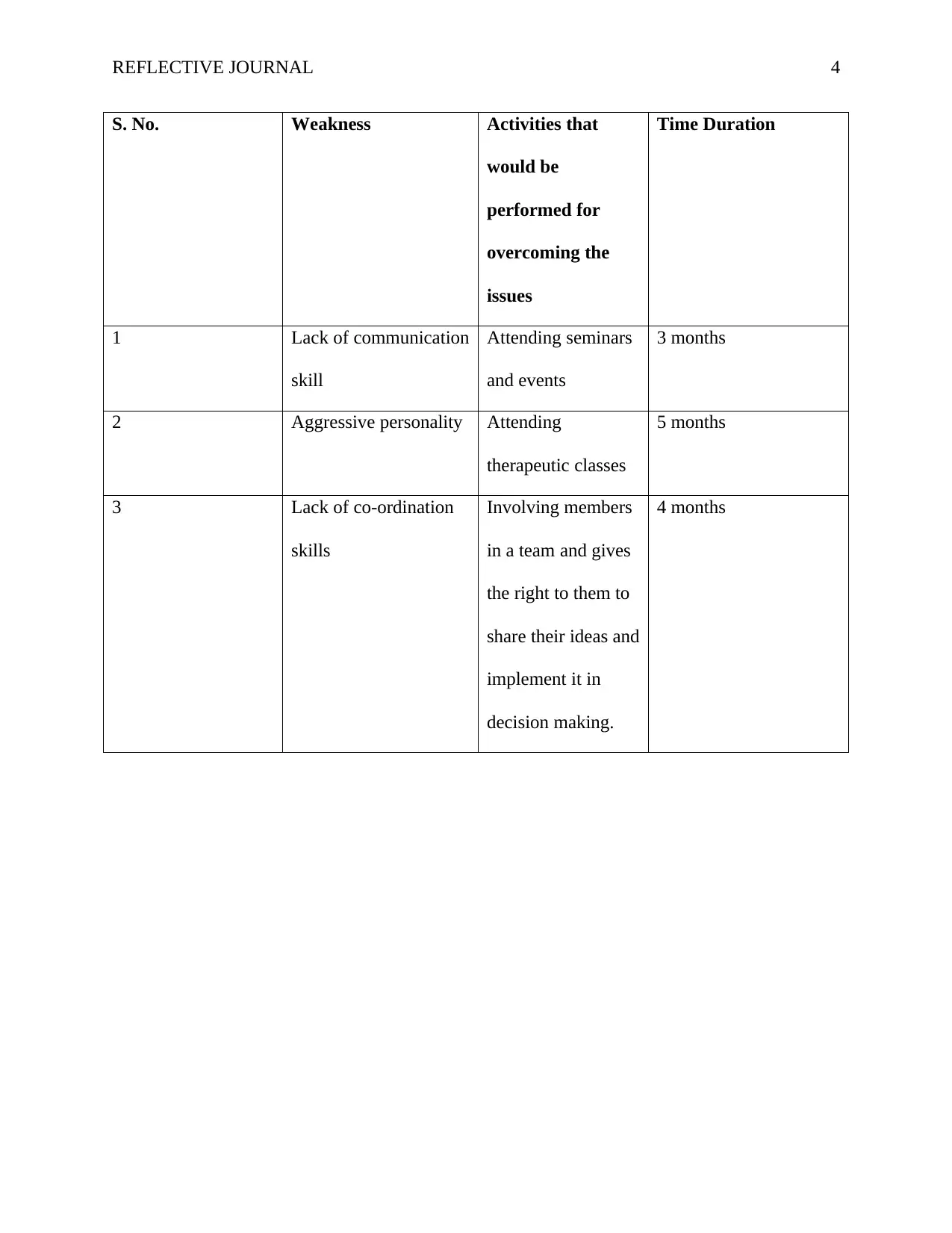
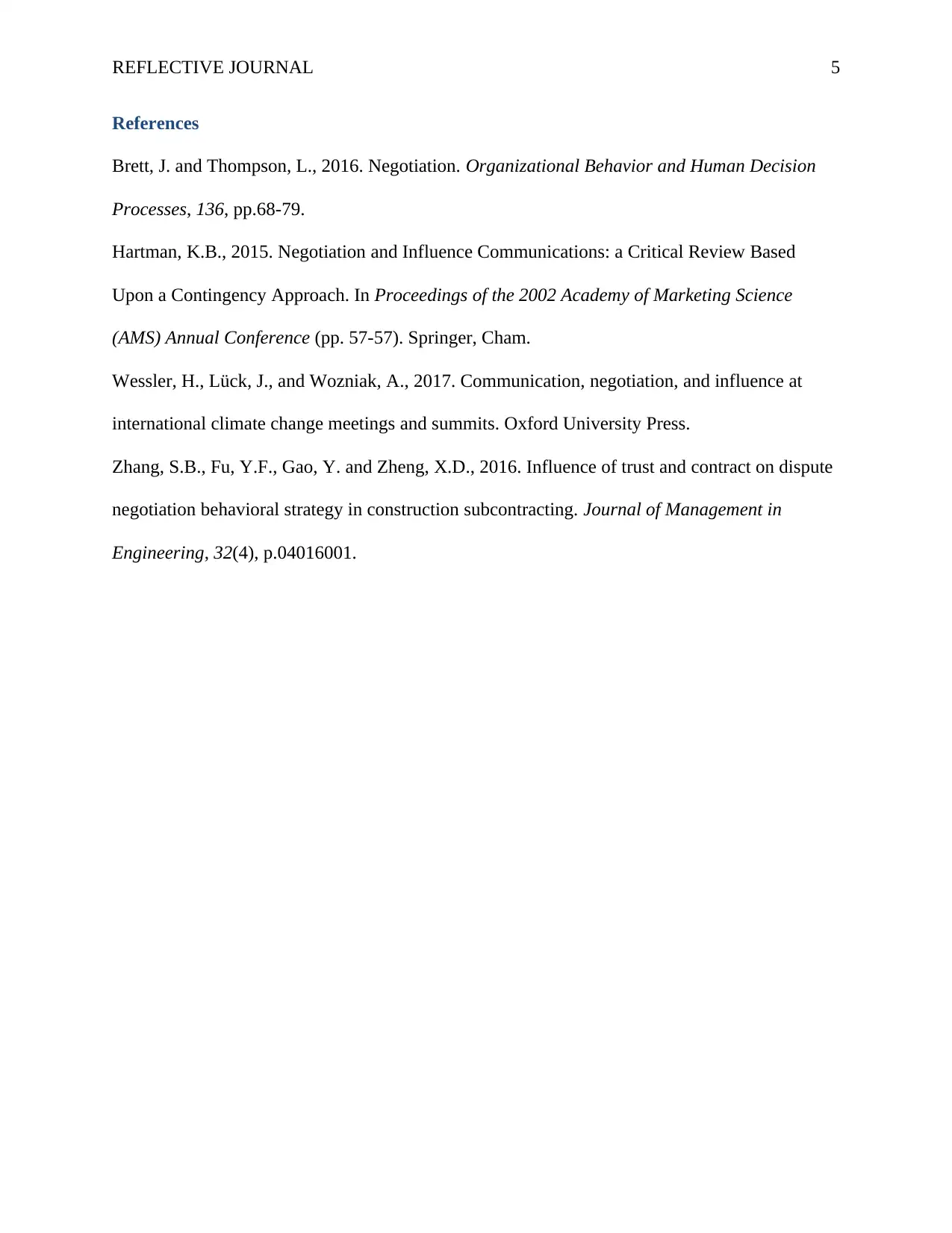




![[object Object]](/_next/static/media/star-bottom.7253800d.svg)